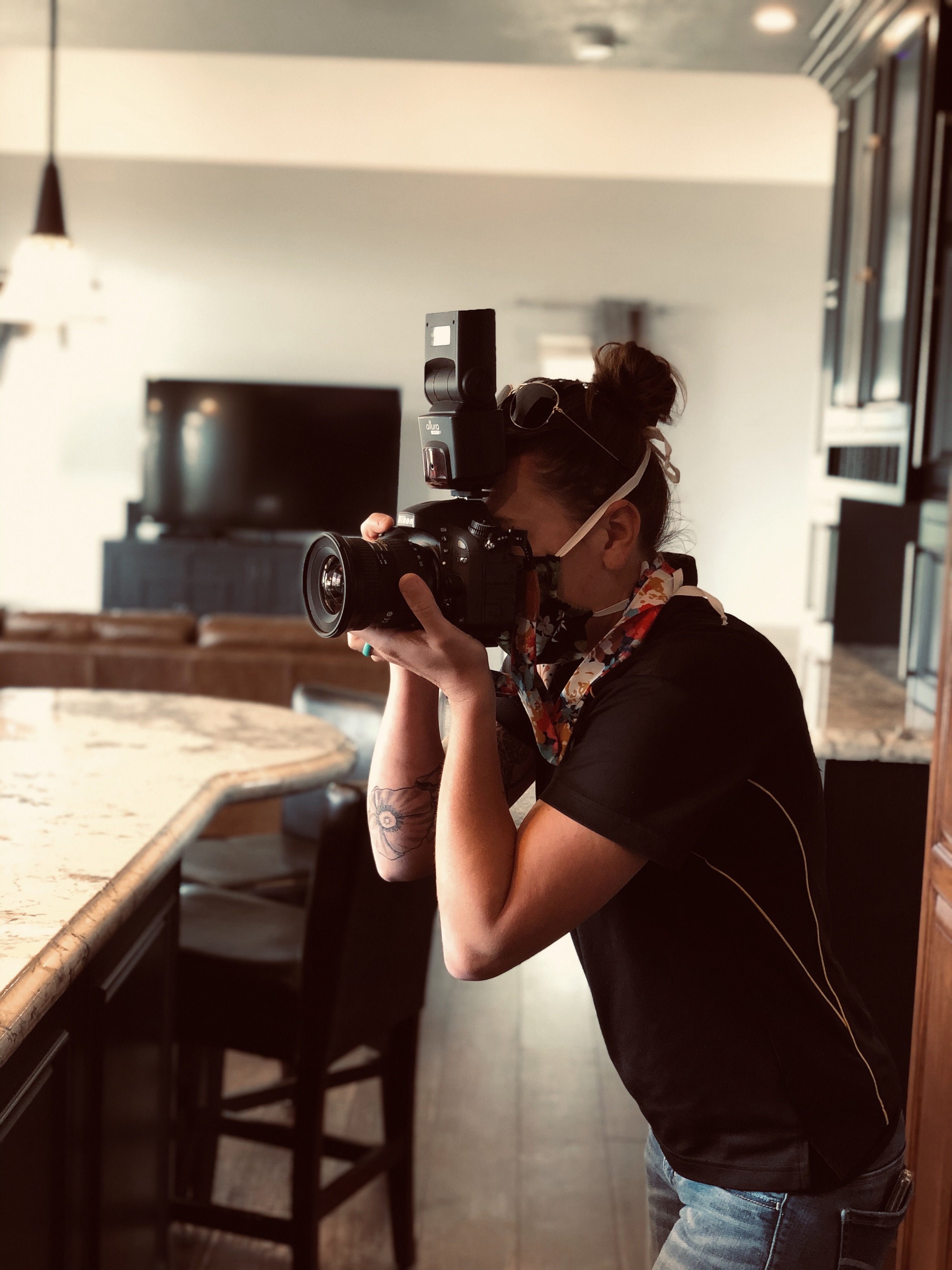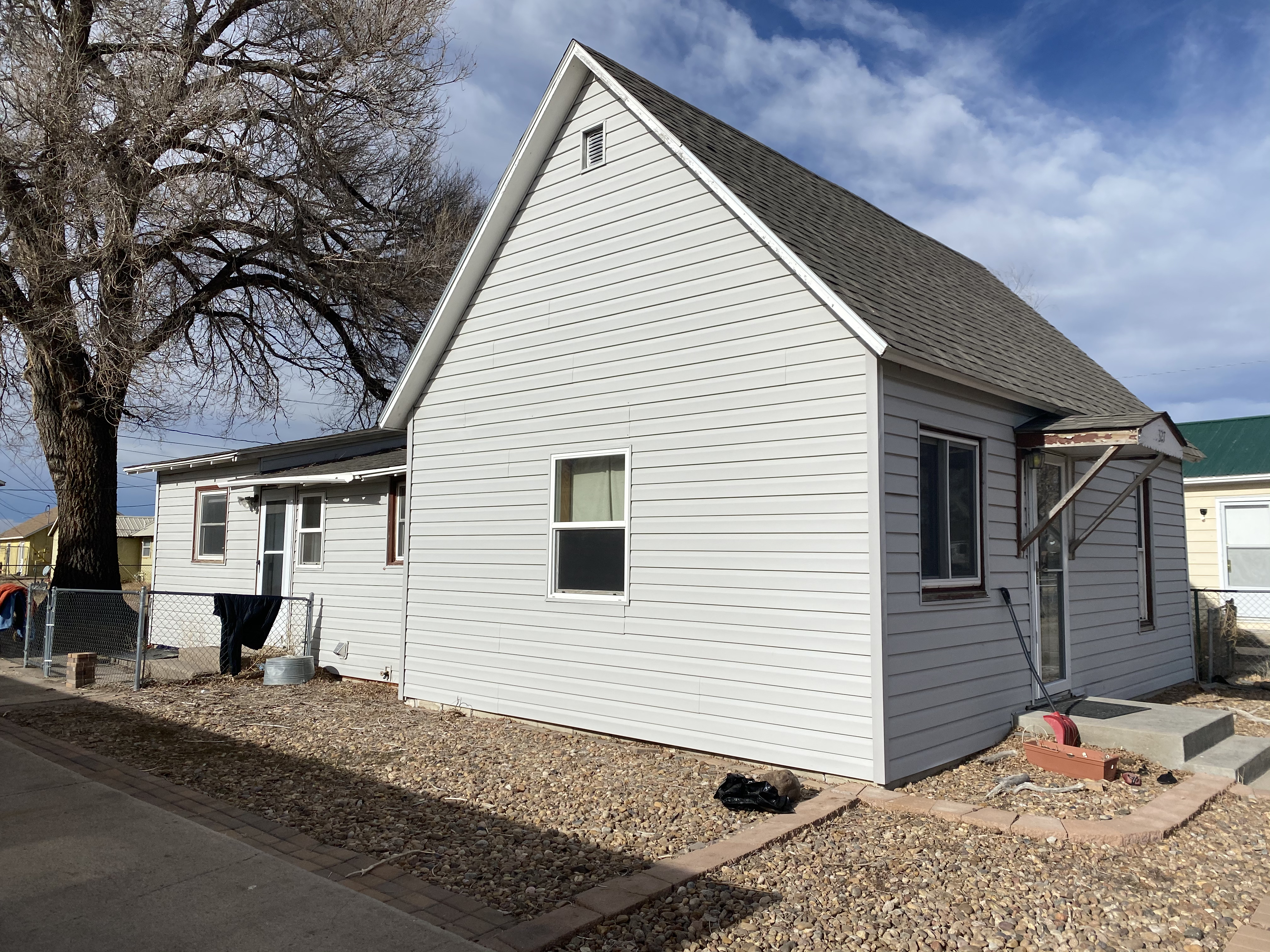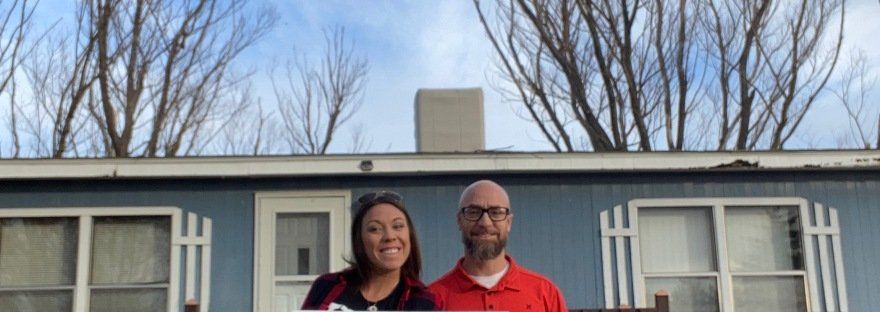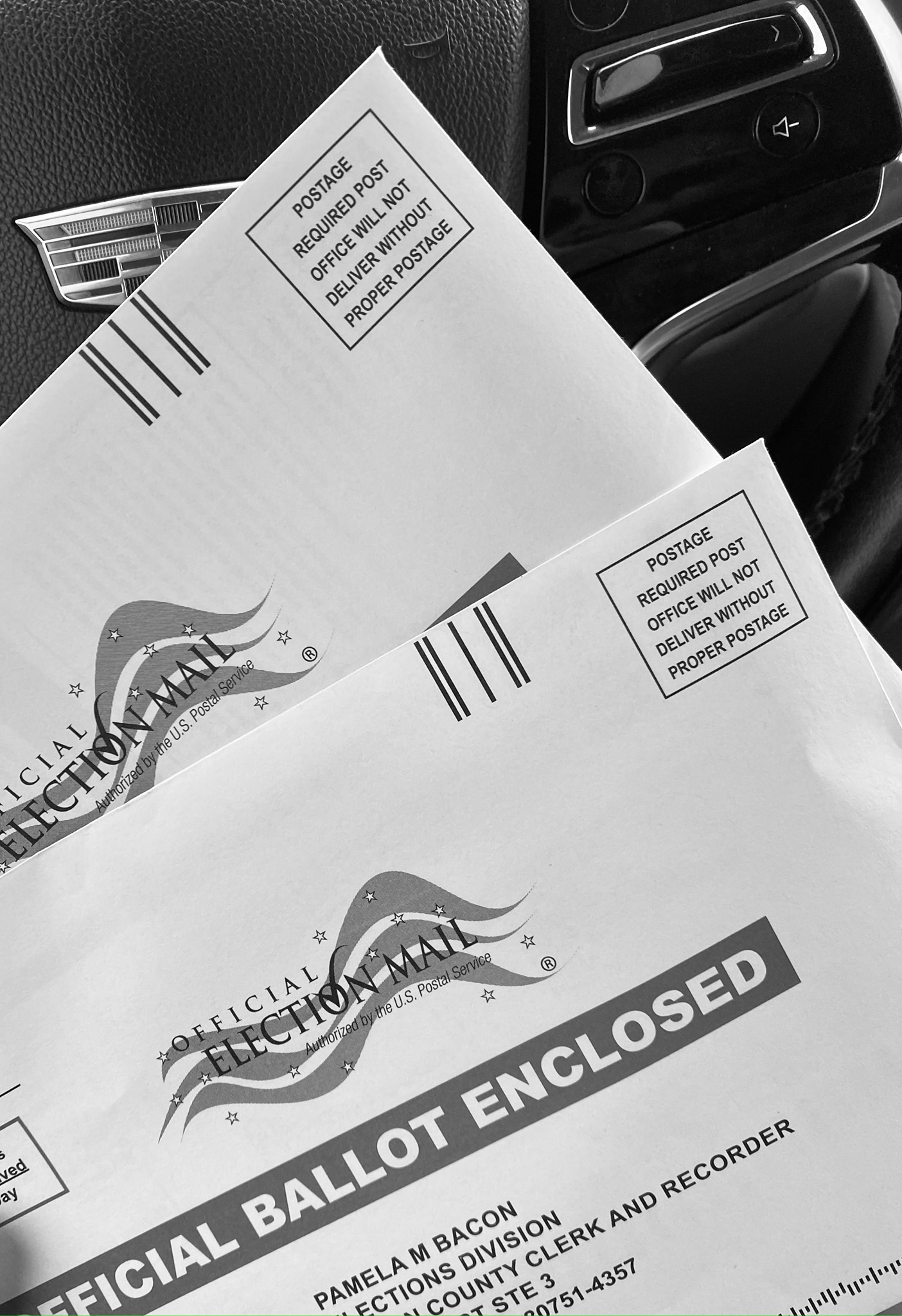Address: 425 Main St Sterling, Colorado 80751-4344 United States
242 S. Colorado Ave Haxtun, CO 80731
What is Escrow?
What is Escrow?
When it comes mortgages are concerned, “escrow” and “escrow accounts” refer to two slightly different concepts. Escrow is the process by which a neutral third party mediates a real estate deal, holding money and property “in escrow” until the two sides agree that all the conditions are met for a sale to close. By contrast, an escrow account is usually an account that helps to manage a mortgage borrower’s annual tax and insurance costs.
What Does Escrow Mean?
Escrow refers to a third-party service that’s usually mandatory in a home purchase. When a buyer and seller initially arrive at a purchase agreement, they select a neutral third party to act as the escrow agent. The escrow agent collects what is known as “earnest money” from the buyer: a deposit that is equal to a small percentage of the sale price. In exchange, the seller takes the property off the market. Until the final exchange is completed, both the buyer’s deposit and the seller’s property are said to be in escrow.
Escrow “accounts” have more to do with your monthly mortgage payment than the initial home purchase. When you borrow money from a bank or a direct mortgage lender, you’ll usually be given an escrow account. This account is where the lender will deposit the part of your monthly mortgage payment that covers taxes and insurance premiums. By collecting a fraction of those annual costs each month, the escrow account reduces the risk that you’ll fall behind on your obligations to the government or your insurance provider.
How Do Escrow Accounts Work?
When you obtain a mortgage loan from a bank or direct lender, you also receive an escrow account that helps you pay your property taxes and homeowner’s insurance premiums on time. Even though these costs are paid on an annual basis, your lender will require you to pay a monthly fraction towards each cost and accumulate the balance in your escrow account. This ensures that these expenses get paid on time every year.
Mortgage lenders require borrower escrow accounts in order to minimize the risk that you fall short of your financial obligations as a homeowner. In a foreclosure, unpaid taxes or insurance can result in liens that make it harder for the mortgage lender to recover the original loan. This creates a strong incentive for lenders to keep their borrowers on track with escrow accounts that smooth out the non-mortgage costs of owning a home.
Although escrow accounts conveniently allow lenders to pay the relevant taxes and insurance premiums on your behalf, they do have some drawbacks for the borrower. Lenders often require you to a keep a minimum balance in your escrow account to protect against any unexpected cost increases. The usual rule requires a minimum of two months’ expenses on your mortgage escrow account, though the limit can be higher on riskier mortgages. Lenders usually review your escrow account once a year to make sure that the calculated payments are keeping up with costs.
How Much Do Escrow Fees Cost?
Just like any other service provider involved in a real estate deal, the escrow agent will need to be paid a fee. Escrow services for a home purchase typically cost 1% to 2% of the final price. Based on national median home values, this translates to a fee of $2,000 to $4,000, which is added into your other closing costs. However, escrow fees are one of the many expenses that are negotiable between the buyer and seller. This means that you can try asking the other party to foot part or even all of the escrow fee, depending on local rules or the current market conditions.
If you’re buying, you’ll also need to deposit between 1% to 3% of the final sale price in a joint escrow account with the intended seller. This earnest money serves as proof that you’re serious about following through with the sale, and it obligates the seller to take the property off the market while the transaction gets finalized. When you complete the transaction, the earnest money you put into escrow will be applied towards your down payment on the house. Earnest money in escrow isn’t a fee, but you should be wary of the fact that it’s possible to forfeit that money if you can’t come to a final agreement with the seller.
When is Escrow Needed in a Mortgage?
Escrow plays a role in both your initial home purchase and the ongoing monthly mortgage payments that follow. In a purchase, the escrow process provides certain guarantees to both the buyer and the seller. Once the two parties agree on a sale, a neutral third party—a bank, title company or attorney—will receive the signed purchase agreement so that it act as the escrow agent. Escrow agents exist to monitor and help fulfill the conditions of the sale, such as the buyer’s “earnest money” deposit for a percentage of the sale price.
Typical Components of Escrow in Real Estate
Buyer Must Provide…
- earnest money towards down payment
- proof of mortgage loan approval
Seller Must Provide…
- access to property for inspections
- required repairs or renovations
- inspection of title
Once a property is “in escrow”, neither the buyer nor the seller will receive anything from the escrow company until all the conditions of the purchase agreement are met. For example, you might agree to purchase an older home on the condition that the building pass a safety inspection. Other common escrow conditions include repairs and property tax audits. Meanwhile, the buyer’s earnest money proves to the seller that the buyer has both the intent and the ability to complete the purchase. Earnest money can be forfeited to the seller if the buyer backs out or fails to hold up the terms of the contract.
Escrow agents are also responsible for distributing money to parties other than the buyer and seller. These can include commissions to the real estate agent, prepaid mortgage interest to the lender, recording fees to the county office of records and the escrow agent’s own fee. In this sense, escrow greatly simplifies the homebuying experience: without it, you’d be held responsible for sending timely and accurate payments to each and every party involved in the transaction.










Contact Information
Phone: (970) 522-2009
Address: 425 Main St Sterling, Colorado 80751-4344 United States
242 S. Colorado Ave. Haxtun, CO 80731


